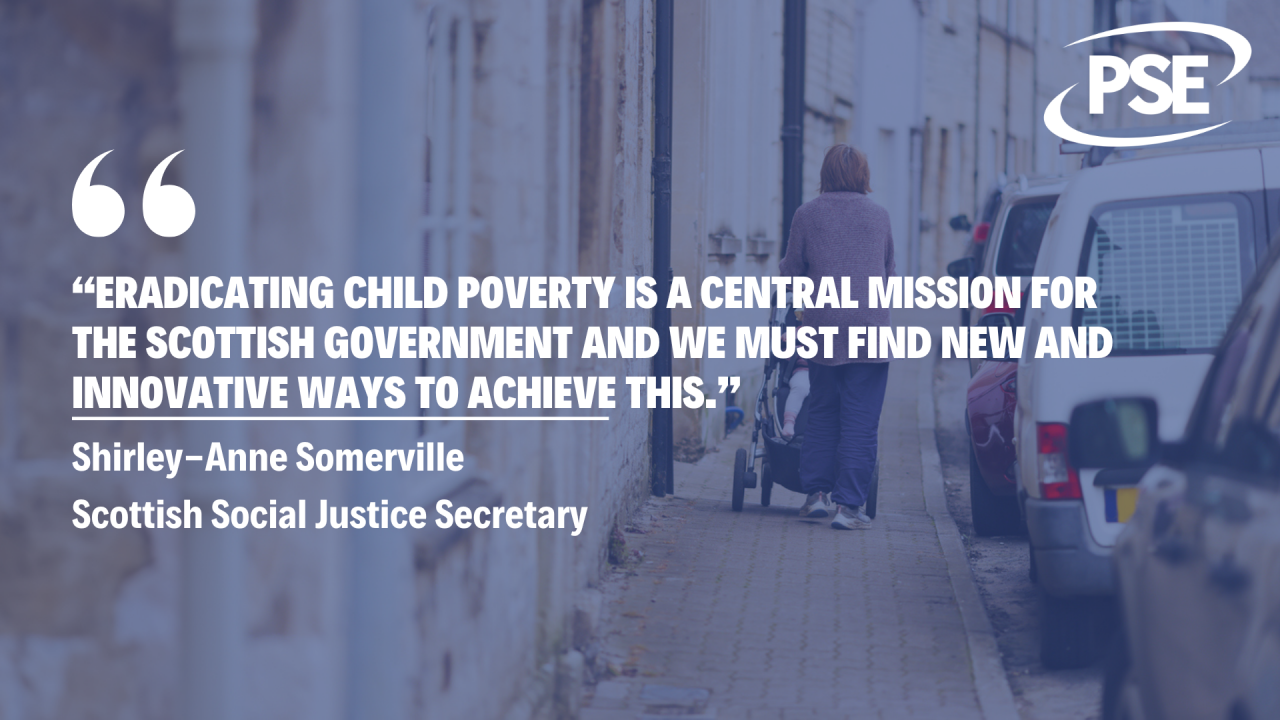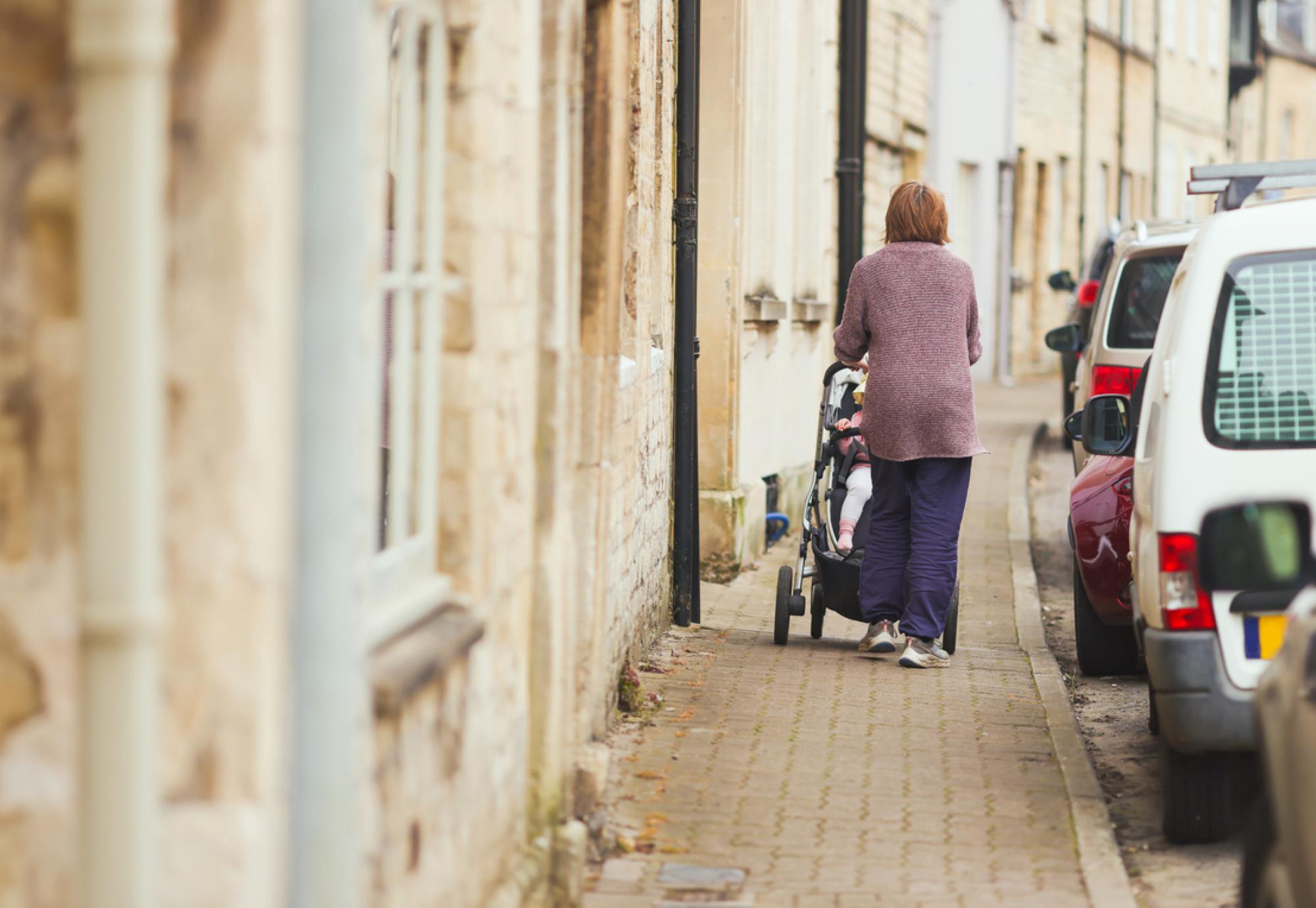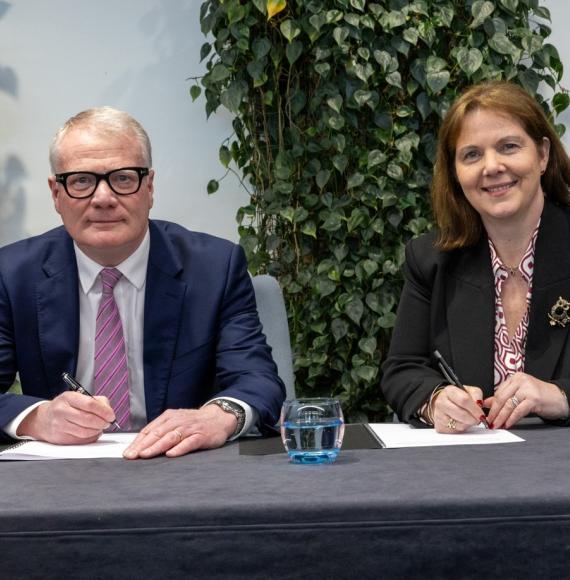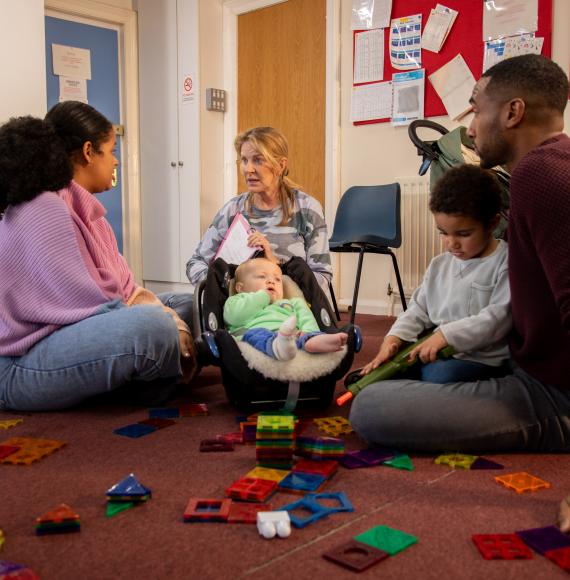The Scottish Government has announced that projects to end child poverty are to be supported by the second round of a key fund for local authorities.
Thanks to further investment of £500,000 into the Child Poverty Practice Accelerator Fund, local projects will benefit from grants worth up to £80,000 to test and evaluate new approaches to target at least one driver of child poverty reduction. Those three drivers are:
- Improving income from employment
- Supporting people with the cost of living
- Increasing awareness and uptake of social security benefits
Launched in July 2023, the Child Poverty Practice Accelerator Fund saw nine projects benefitting from funding in the first round. These successful projects covered a number of areas that contribute to child poverty, such as using data to identify and support households already experiencing child poverty in Aberdeen, improving identification of families affected by disability in Moray, and income maximisation outreach in Edinburgh.

Shirley-Anne Somerville, Scottish Social Justice Secretary, said:
“Eradicating child poverty is a central mission for the Scottish Government and we must find new and innovative ways to achieve this.
“Measures such as the Scottish Child Payment are estimated to keep 100,000 children in Scotland out of relative poverty this year, but we are determined to go further. The Child Poverty Practice Accelerator Fund will support projects that target the root causes of child poverty and create lasting change in our communities.
“Local authorities and health boards are already undertaking transformative work to tackle child poverty and this fund will support them to go further and share best practice, to help make child poverty a thing of the past.”
Local authorities and health boards are able to submit applications, with the application process closing on the 12th July 2024. Local authorities or health boards that apply for the funding are able to choose to work alongside other groups and organisations across their communities.
Image credit: iStock



















